Mathematics
At HTPS, we recognise that mathematics is essential in everyday life. The intent of our mathematics curriculum is to provide children with a foundation for understanding number, reasoning, thinking logically and resilient problem-solving so that they are fully prepared for the future. We believe that number underpins almost every area of mathematics across the whole mathematics curriculum. Number is a priority in this school and is reflected in the amount of time that we spend on number-based maths units. It is our intent to form firm foundations in number that will promote the development of number sense and mental arithmetic. This will prioritise speedy recall of number bonds and time tables and a clear understanding of fractions which will allow the children to reason and problem-solve as they move through the primary curriculum.
Key Curriculum Documents
- Calculation Policy- Addition and Subtraction
- Calculation Policy- Multiplication and Division
- Curriculum Offer - Mathematics
- Curriculum Progression

